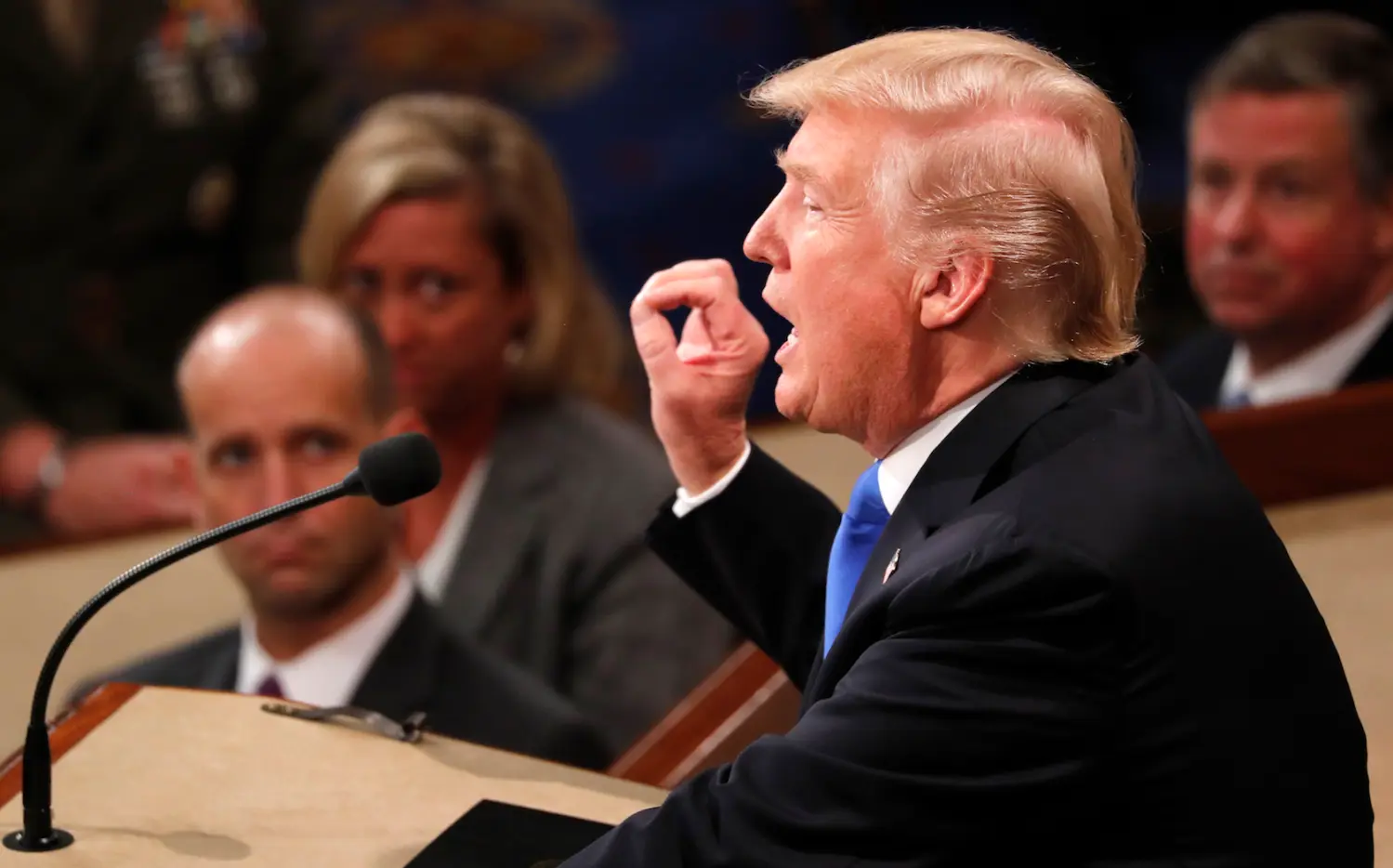Both Democrats and anti-Trump conservatives are sharing a recent segment from a Donald Trump interview with Newsmax, where he revisits what he calls the “famous socks case” involving Bill Clinton’s handling of audio tapes from his time in the Oval Office.
These tapes were reportedly kept in Clinton’s sock drawer, and Trump’s legal team finds this case relevant to their defense in the federal documents case against him.

Trump and Hillary Clinton (Credits: New York Daily News)
In the interview clip, Trump asserts that Hillary Clinton, his opponent in the 2016 presidential race, used “acid” to hide and destroy documents and data that she would have otherwise been required to turn over.
Trump specifically mentions “BleachBit,” referring to it as “essentially acid” that destroys everything within a ten-mile radius. Critics of Trump, such as Tom Nichols, an Atlantic writer and former professor at the U.S. Naval War College, argue that Trump’s figurative language is misleading and indicative of his lack of intellectual acuity.
They point out that BleachBit is actually software designed to protect privacy, shred files, and free up disk space on computers, with no environmental impact. It does not operate outside computer systems as Trump’s language implies.

Trump (Credits: Brookings Institution)
However, Trump’s opponents highlight the potential relevance of his remarks to the criminal charges in the federal documents case against him. Destroyed BleachBit files cannot be recovered or shared, complicating the legal proceedings.
BleachBit’s functionality, as described by its maker, includes deleting files, shredding them to prevent recovery, and wiping free disk space to hide traces of deleted files.
The debate surrounding Trump’s statements underscores broader concerns about his communication style and the interpretation of his remarks. While some view his language as figurative and symbolic, others criticize it as misleading and irresponsible, particularly in the context of legal matters.























